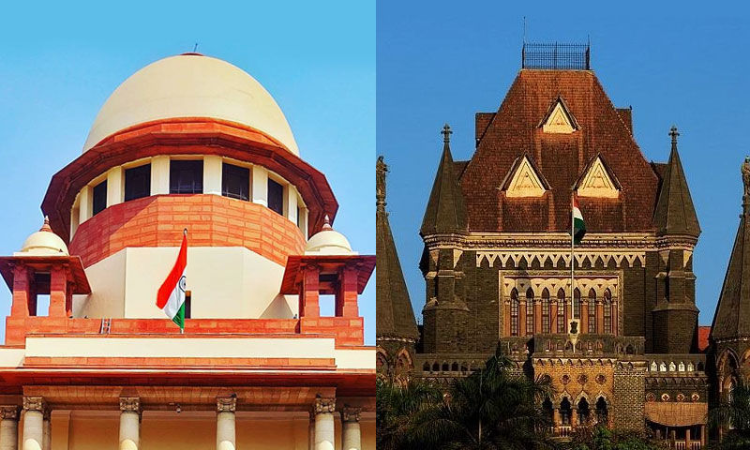Bombay High Court Judge Calls Hindi 'National Language' While Rejecting Bail, Accused In Narcotics Case Files SLP In SC
Sharmeen Hakim
19 Feb 2022 9:14 PM IST

Next Story
19 Feb 2022 9:14 PM IST
A Telugu travel agent accused in drug trafficking case has approached the Apex Court after the Bombay High Court called Hindi the 'National language' while refusing bail. He contended that the HC failed to appreciate that Hindi is not the National language as per Article 345 of the Constitution of India. In November 2021, Justice Nitin Sambre rejected appellant Gangam Sudhir Kumar...
